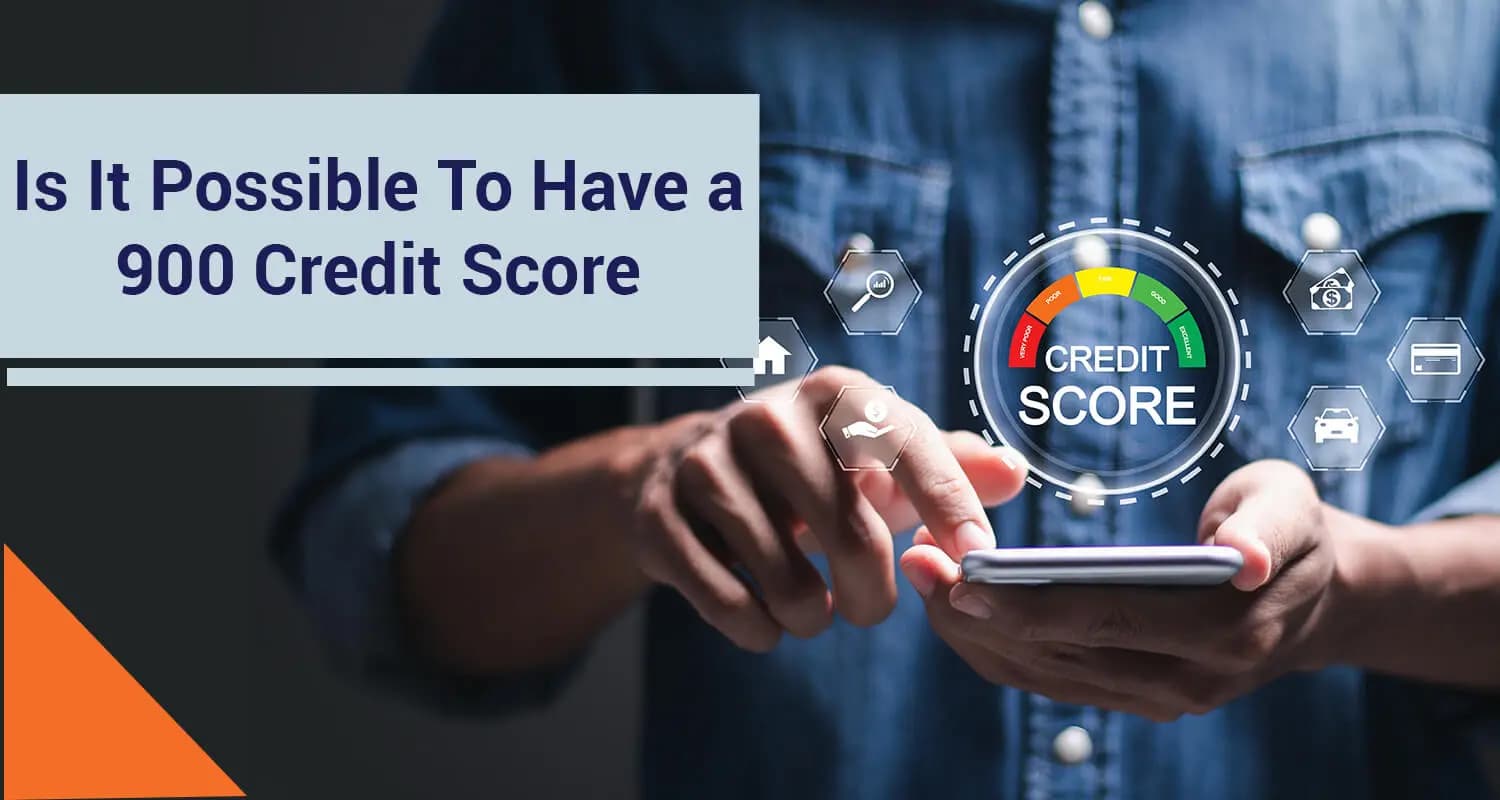Building a Good Credit Score with Microloans: Tips and Considerations for Newbies
It’s not that microloans are sufficient for tuning credit scores by default. It is crucial to collect and provide reports on your payments to corresponding third parties, including credit bureaus. Borrowing a certain amount of funds and returning it on time will showcase your approach and ability to repay microloans, which is exactly what lenders expect to see.
If you borrow money and fail to keep up with the payment schedule, you will hurt your credit score — losing 180 points and even more is highly likely. That’s why you should work on your proactive and consistent approach to dealing with microloans. Let’s get straight into the topic!
Responsible Microloan and Credit Management
Lenders assess your trustworthiness by your ability to utilize the received funds and stick to the program’s deadline and other conditions — from your repayment history to the sums you borrow overall. Here are a few things you can do to keep things under control:
Self-education on microloan management won’t be extra. Search for online courses and expert resources to see what dos and don’ts to avoid.
Opt for financial trackers and microloan management tools. Thanks to advanced features like custom notifications, real-time analytics, and automated repayment services, your microloan-related concerns won’t come true.
Borrow as Much as You Can Afford
The key to building a good credit score by obtaining and completing microloans is to ensure everything goes according to the plan. If you think that submitting several applications will speed up the process, you risk achieving the opposite result. Lenders might believe that your financial situation has worsened because of an increased number of microloans in a short amount of time.
On average, the maximum sum to borrow via a microloan is $50,000. You won’t need a good score to qualify for the score, but please consider the possibility of collateral and other requirements in this case.
Building up Your Payment History
Consistency is the key to success. You will increase your creditworthiness in the eyes of prospective lenders the more diligence and accuracy you demonstrate in complying with the microloan’s conditions and repayment schedule. Your FICO credit score is multi-component, and its 35% boils down to your payment history. Settling your debt on time and according to the schedule will pay off.
To simplify the challenge, you can consider additional mechanisms like insurance policies. They will protect you in unforeseen circumstances and won’t ruin your credit score.
In addition, if you aren’t sure whether you will manage to stick to the plan, seek services with flexible payment plans. It is not that you mean to delay the payment — there may be penalties for covering its cost early. As you see, checking and verifying the microloan’s details are a must.

Increase Your Credit History’s Length
Another part of your FICO score is made by your credit history’s duration — 15%, to be more exact. Traditional loans are typically non-accessible for borrowers with little to no records, which is why microloans are a stunning alternative. You can receive financial support for your endeavor and keep working on your credit score at the same time — killing two birds with one stone. That’s all about your consistent performance and creditworthiness.
Working on Your Credit Mix
When it comes to improving your credit score, it isn’t that you can only consider microloans as the main financial tool. Here are a few alternative solutions:
Regular utility bills that get reported to the credit bureaus will be sufficient. Rent payments are another example of bills that will work instead of applying for a microloan if your sole purpose is to take your credit score to the next level.
Credit cards are a nice insurance alternative. You will need to cover interest only when you use this service. Becoming an authorized user or receiving a secured credit card differs from microloans in terms of financial efficiency, but they all have a positive impact on your credit score — when things are done properly, of course.
Switch to credit-builder loans. They may be better suited for the purpose if you aren’t interested in receiving a large sum of money for fulfilling personal or business goals.
Can Microloans Hurt Your Credit Score?
If you don’t follow all the crucial rules of the game, you will gain the opposite result by failing to stick to the repayment schedule you agreed upon with the target lender.
Here are a few more things to take into account before relying on microloans as a means of credit score building:
It may turn out that lenders don’t submit reports to the credit bureaus. Double-check this parameter in advance before signing any agreement. You will need to ensure reports are delivered to at least one major service of this kind.
Aside from bringing down your credit by late payments, you can also suffer from non-favorable annual percentage rates. They can reach a level of 36% and be way higher than what’s offered to borrowers with better scores.
Wrapping It Up
One thing is for sure — when things are done correctly, microloans will work as effective tools to bring your credit score up. You are in control, so if you spot any issues and errors, don’t hesitate to contact the target lender first. Maintaining good communication with them can help you solve any occurring problems more efficiently.
